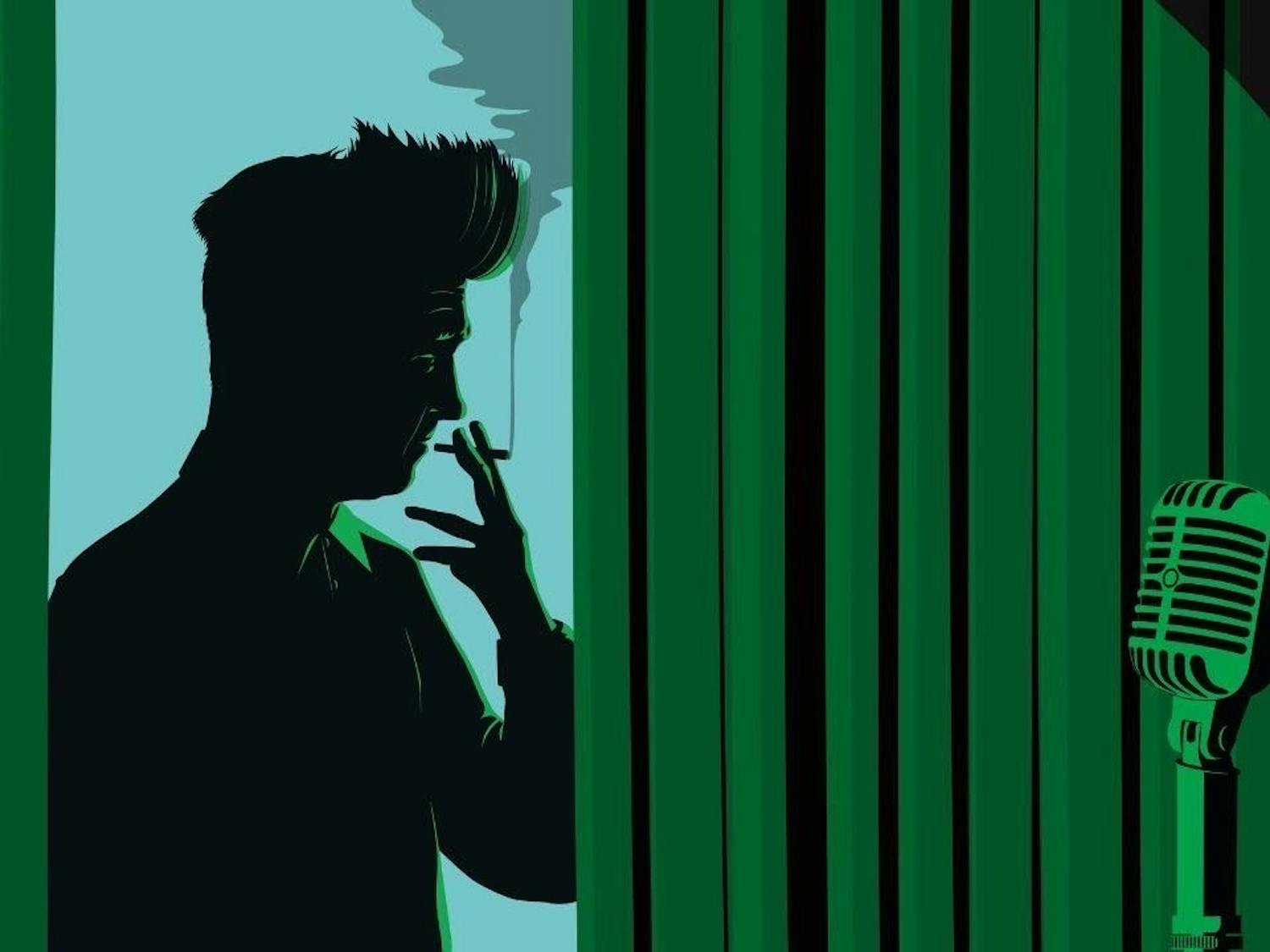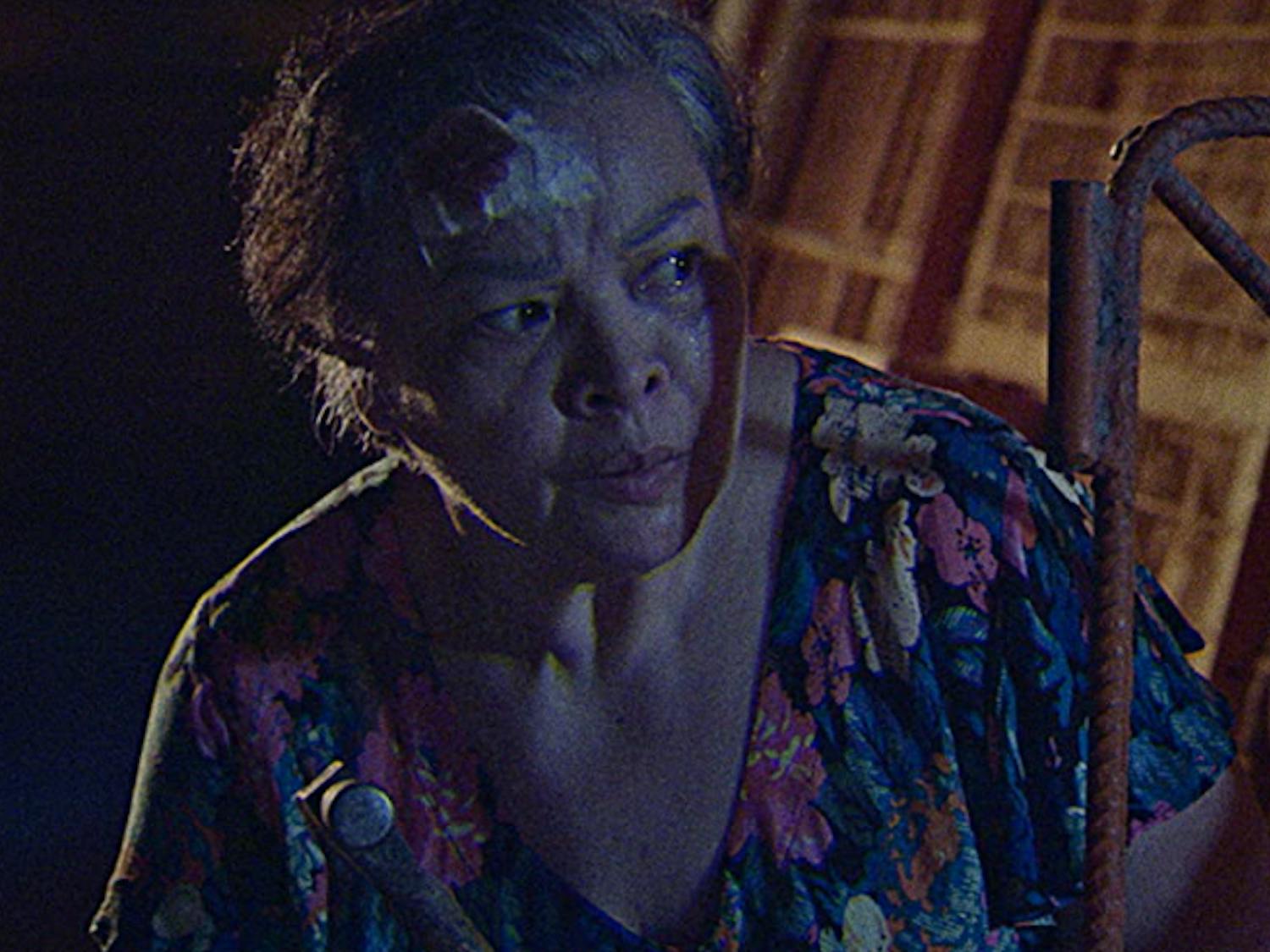Where is the horror in babysitting? Could it be the responsibility, temper tantrums, job insecurity, stepping on a concealed LEGO? For Aisha (Anna Diop), the horror is the threat of nanny-cams and the overbearing parents she works for. Dir. Nikyatu Jusu’s Nanny follows Aisha, a new to the States Senegalese woman, who was recently hired by a white, Manhattanite couple, Amy and Adam, to govern their picky-eater daughter, Rose. It is not French lessons or skipped pay that haunts Aisha though, but the ancestral power, spirits, and violent visions the job awakens in her.
Integration as a black woman is tenuous enough, but Aisha must contend with assimilation as an African immigrant too. Fresh to New York life, her community is limited to fellow African nannies and the doorman of her employers’ apartment. Rose’s parents are no help. Aisha finds herself dressed, by Amy, in the same style as the only other black woman at a soiree. She is scolded for feeding Rose her culture’s cuisine when it is the only dish the child would eat. She is even threatened with being fired after rejecting Adam’s unprompted kiss. Aisha is made a two dimensional character by Amy and Adam; the black, immigrant, nanny devoid of a personal life. Yet, she has a son and a supernatural current dammed inside her.
Limene, Aisha’s only child and “greatest work”, across the Atlantic in Senegal, waits until Aisha can pay for his flight to New York City. But Aisha cannot get the money she is owed. After being coerced into overnight babysitting, obligated to watch Rose far beyond agreed upon hours, and pressured to emotionally console Amy, Aisha is still stiffed. With no other job to support herself, Limene, and his ticket, she tolerates delayed pay rather than becoming jobless. The stress of being away from her son triggers a power she had not known before, the Asante. Aisha, during work, her sleep, the quiet moments she is alone, is embroiled in another realm, one of spirits from homeland. They draw her to water in hypnagogic hallucination. The Hudson, Rose’s bath, a swimming pool are all fair game for communicating with the Asante, trying to warn her of catastrophe to come. Aisha can no longer reach her son and is only met by night terrors of drowning.
Nikyatu Jusu tells far from one story in Nanny. Navigating the ruins of a family, America’s tense racial castes, prevailing identity in the face of erosion by labor, an immigrant detached from her culture, a mother desperate for her son are the arches that build the bridge of Nanny: emotionally leveraged, culturally intersectional, and cinematically exploratory.
This film critique was written by a youth fellow in the Bullhorn x Philadelphia Film Society Youth2Critic Fellowship.
The PFS Youth2Critic Training Fellowship is a program built around the belief that film criticism helps shape our cultural landscape. It shapes the films we see, but even more, it shapes how we remember those films into the future. Film criticism is a record of the way those we give a voice view film. And PFS believes young people's perspectives need to be lifted up and given that voice.
The Youth2Critic Fellowship gives 4-6 high school students each year the unique opportunity to be trained in the art of criticism by Philadelphia film critics and scholars, to see word class cinema as a part of the Philadelphia Film Festival and PFS year-round programming, and to publish 5-7 pieces of original film criticism in the Bullhorn.
Thank you to the Philadelphia Film Society for their collaboration and support.





